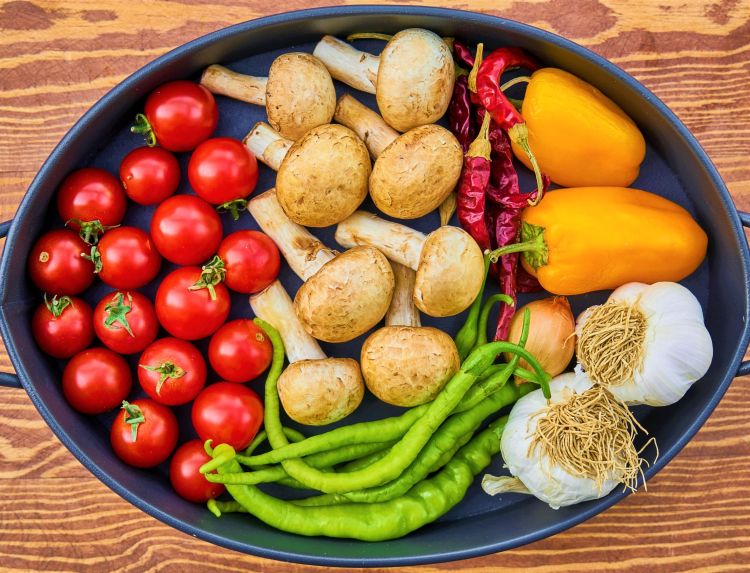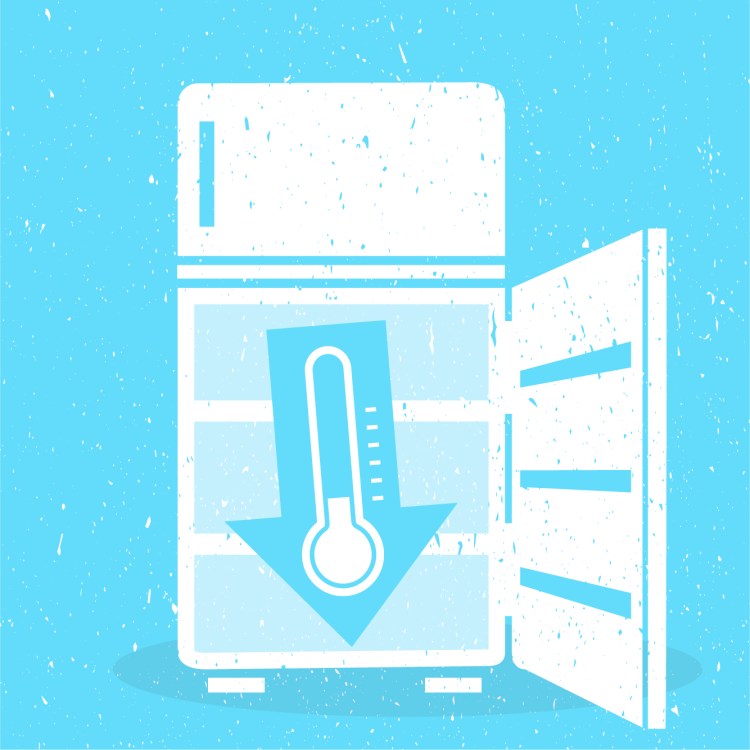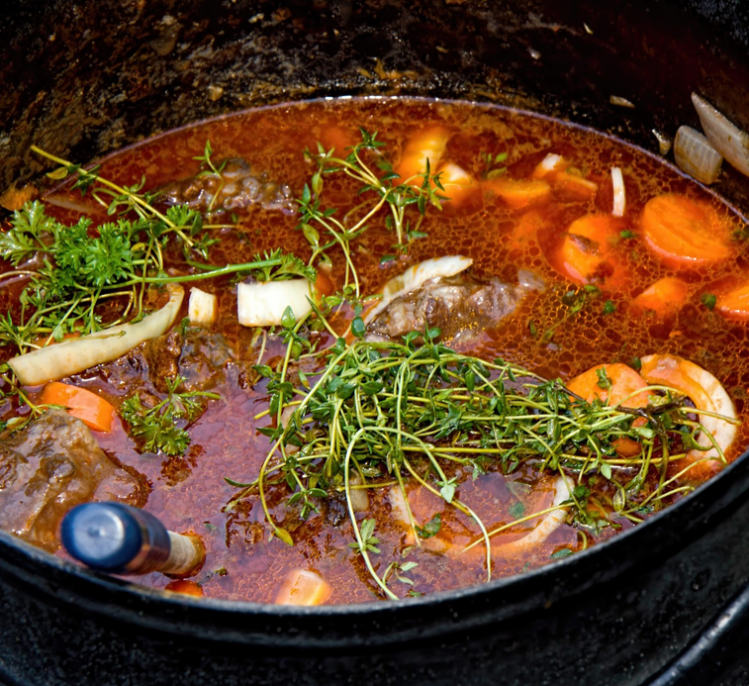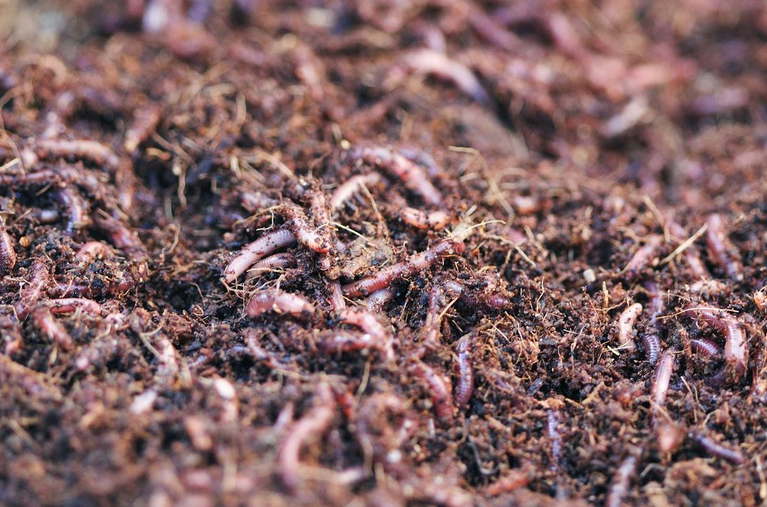Replenish Oxfordshire
🌍 We help people to cook and grow healthy food with zero waste.
Food Waste Facts
- Over 70% of UK food waste happens at home*.
- The average family of four throws away around £1000 of food a year.
- Food waste feeds climate change – global food waste accounts for 3 times more greenhouse gas emissions than flights!

The Replenish project is managed by Community Action Groups Oxfordshire and funded by Oxfordshire County Council.
For tips on seasonal cookery and home growing,
sign up to our monthly newsletter.
5 tips for avoiding food waste
1. Know your dates. ‘Use by’ is about safety – food should not be eaten after this date (even if it looks/smells fine) – unless you freeze it on or before this date. ‘Best before’ is about quality – although food won’t be at top quality after this date, it will still be safe to eat for some time.
2. Eat from root to fruit. Always binning potato peel, broccoli stems and leek tops? Over two-thirds of the food we waste is perfectly edible, so using every edible bit of your food is essential. Vegetable peel is often highly nutritious , containing antioxidants, vitamins, minerals and up to 33% more fibre than the flesh. See here for some foods that most people don’t realise are edible.

3. Keep your fridge cool. The average fridge temperature in UK homes is nearly 7°C, but foods will last longer if they are kept at under 5°C.
4. Snap a shelfie. If you’re not a fan of shopping lists, take a picture of your fridge/cupboard shelves before you head to the shops instead. This will stop you from buying something you’ve already got at home.
5. Savvy storage. Most fruit and veg will stay fresher for longer in the fridge. The key exceptions are bananas and pineapple (keep these on the counter) and onions (which should be kept in a cool, dark, dry place – like a cupboard!). Not sure where something should be stored? Try this Food Storage A–Z!

*not including waste from primary production (e.g. farm waste) due to lack of data


